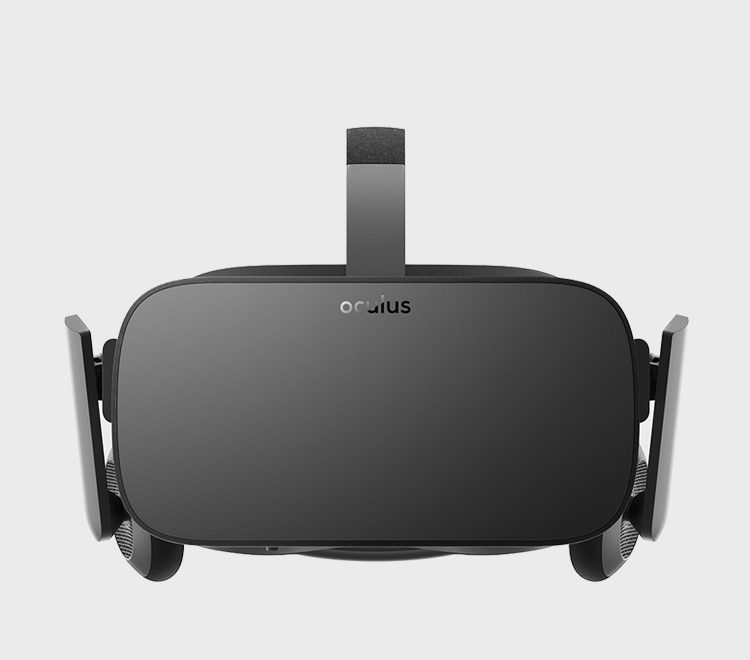Judge Halves $500 Million Payout In Facebook ZeniMax Lawsuit
By Stefanie Fogel
LOS ANGELES (Variety.com) – A Texas judge has halved the amount of money Facebook must pay ZeniMax Media for allegedly using stolen computer code in its Oculus Rift virtual reality headset, according to Bloomberg .
ZeniMax sued in 2014 after Id Software co-founder John Carmack joined as its chief technology officer. The company claimed Carmack and Oculus founder Palmer Luckey stole trade secrets and used them to create the Rift headset. It also said Facebook rushed through its acquisition process and didn’t properly vet Oculus and its executives.
ZeniMax Media is the parent company of video game publisher Bethesda Softworks, known for popular role-playing game franchises “The Elder Scrolls” and “Fallout.” It also owns Id Software, Arkane Studios, Tango Gameworks, and more. Bethesda is currently engaged in its own lawsuit over alleged stolen code with Warner Bros. Interactive Entertainment and Behaviour Studios. It claims the developer used code from its mobile sim “Fallout Shelter” to create a similar game based on the HBO television show “Westworld.”
A jury sided with ZeniMax against Facebook in February 2017 and awarded the company $500 million, but U.S. District Judge Ed Kinkeade in Dallas reportedly cut that amount to $250 million on Wednesday. He awarded $200 million for breach of contract and $50 million for copyright infringement. He eliminated the other $250 million, which included the damages against Oculus co-founders Brendan Iribe and Palmer Luckey. He also rejected ZeniMax’s request to ban sales of Oculus Rift headsets.
Oculus argued the copyright infringement wasn’t “substantial” because only seven lines of code were copied literally from ZeniMax “out of approximately 42 billion lines,” according to Bloomberg.
“We’ve said from day one the ZeniMax case is deeply flawed, and today the court agreed,” said Facebook vice president and deputy general counsel Paul Grewal in a statement. “Today’s ruling slashed the verdict in half, granted our motion for sanctions, and fully denied ZeniMax’s attempt to stop us from selling and marketing our products. This was a positive step toward a fair resolution, and we will be appealing the remaining claims. Our commitment to Oculus is unwavering and we will continue to invest in building the future of VR.”
ZeniMax, meanwhile, said it’s weighing its next steps. “Based on a strong evidentiary record, the jury in this case found that ZeniMax was seriously harmed by the defendants’ theft of ZeniMax’s breakthrough VR technology and its verdict reflected that harm,” it said in a statement.

